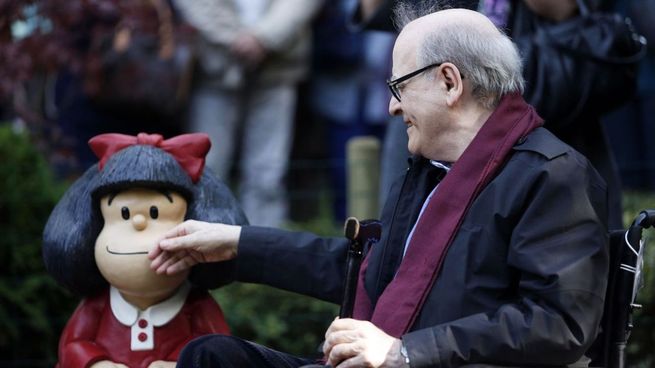ABU DHABI (Reuters) – The U.S. government on Saturday advised its citizens in Gaza to head south to the Rafah border crossing with Egypt to be prepared for its possible reopening amid the humanitarian crisis following a Hamas attack in Israel that provoked Israeli military retaliation.
Washington has been working with Egypt, Israel and Qatar to open the Rafah border crossing on Saturday afternoon and allow Palestinian-Americans to leave, a senior State Department official said earlier.
“We have been trying to facilitate access so that today it is open from 12 to 5. The Egyptians, the Israelis and the Qataris have been working with us on that,” the official told reporters traveling with US Secretary of State Antony Blinken.
Washington was in contact with Palestinian-Americans in Gaza, some of whom expressed a desire to leave through Rafah, but it was unclear whether the Palestinian Islamist group Hamas would allow access to the border crossing, the official said.
As the deadline for the passage to open was about to expire, U.S. officials could not confirm whether any U.S. citizens were able to leave, the official later added.
“We have informed U.S. citizens in Gaza with whom we are in contact that, if they feel it is safe, they can approach the Rafah border crossing,” a State Department spokesperson said. “There may be very short notice if the border crossing opens and it may only be open for a limited time.”
The number of Palestinian-Americans with dual citizenship in Gaza has been estimated at several hundred among the strip’s 2.3 million inhabitants, and Washington hopes to get many of its nationals out of harm’s way.
On the third day of his trip to the Middle East, Blinken met in Riyadh with the Saudi Foreign Minister, Prince Faisal Bin Farhan, as part of his contacts with the United States’ regional allies to prevent war between Israel and Hamas to become a larger conflict and help secure the release of hostages kidnapped by the Islamist group.
Blinken also spoke by phone with his Chinese counterpart, Wang Yi, and asked for help to prevent the conflict from spreading, State Department spokesman Matthew Miller said. It was the first high-level contact between Washington and Beijing since the Hamas attack and came amid rising tension between the two rival powers over several issues.
Before the meeting in Riyadh, Blinken said that the protection of civilians on both sides of the conflict is “vitally important.”
“And we are working together to do exactly that, in particular working on establishing safe zones in Gaza, working on establishing corridors so that humanitarian aid can reach the people who need it,” he added.
“None of us want to see civilians on any side suffer, whether in Israel, Gaza or anywhere else. And we are working together to do everything we can to protect them,” Blinken said.
Following their meeting in Riyadh, Blinken traveled to the United Arab Emirates and will meet with the president, Sheikh Mohammed bin Zayed Al Nahyan. He was scheduled to return to Riyadh in the afternoon and could meet with Saudi Crown Prince Mohammed bin Salman later on Saturday.
(Additional reporting by Matt Spetalnick; writing by James Mackenzie, Helen Popper and Matt Spetalnick; editing in Spanish by Carlos Serrano)
Source: Ambito




